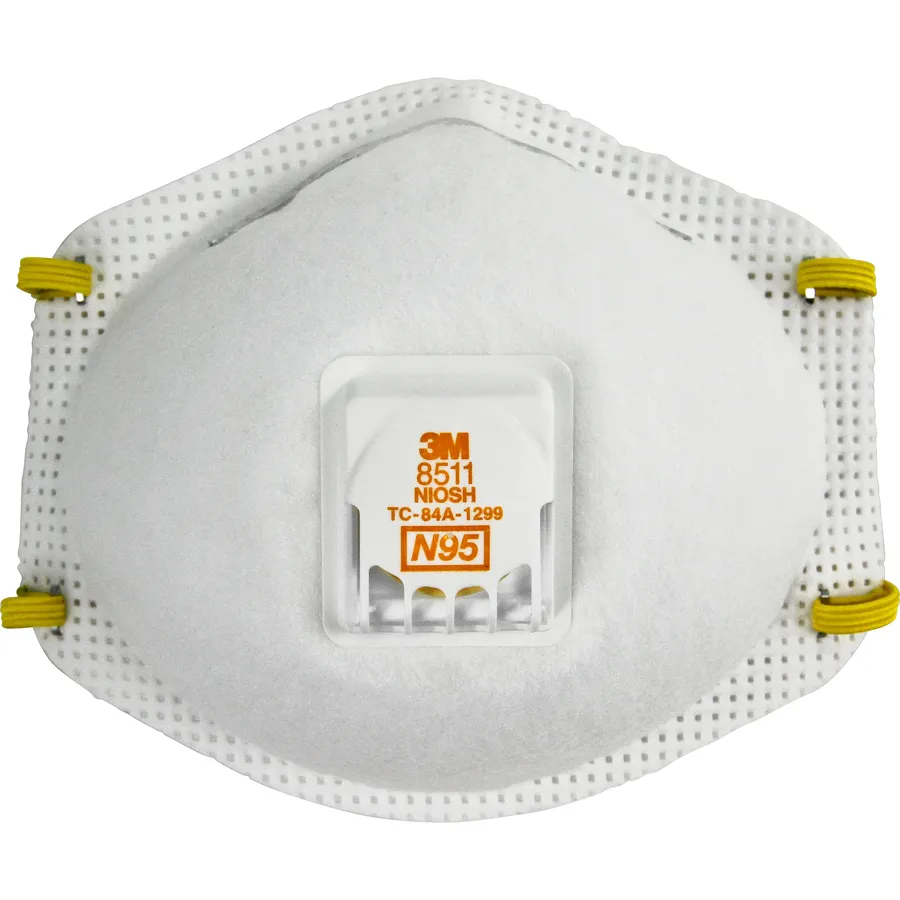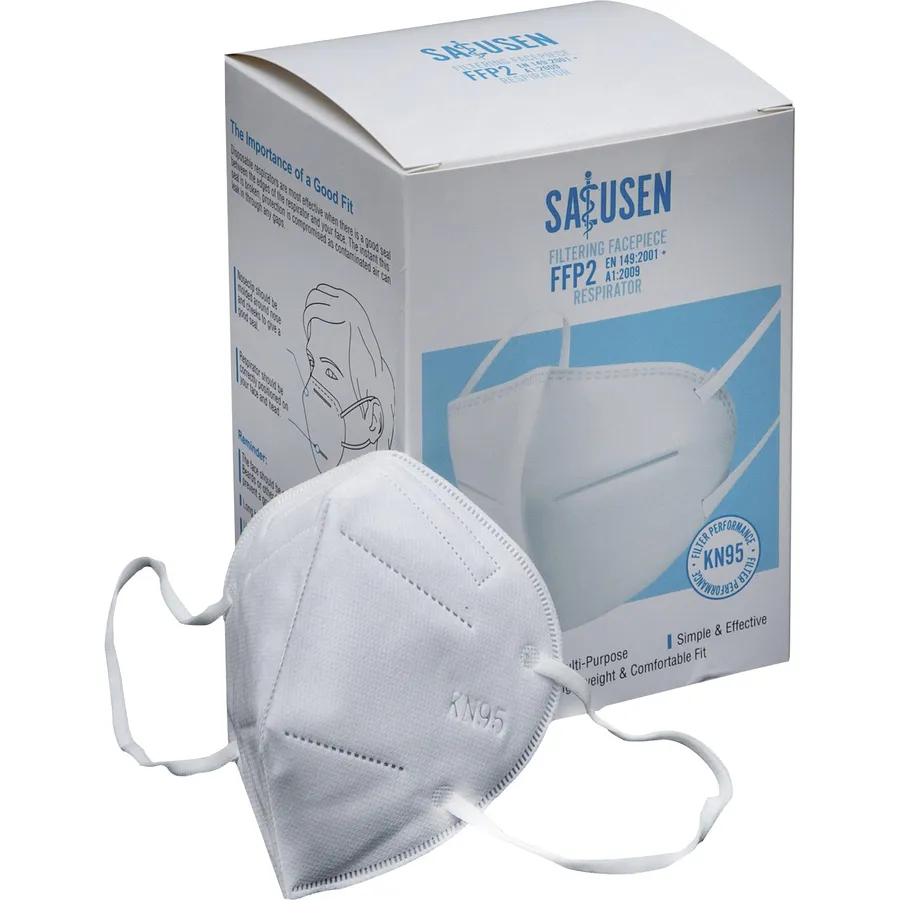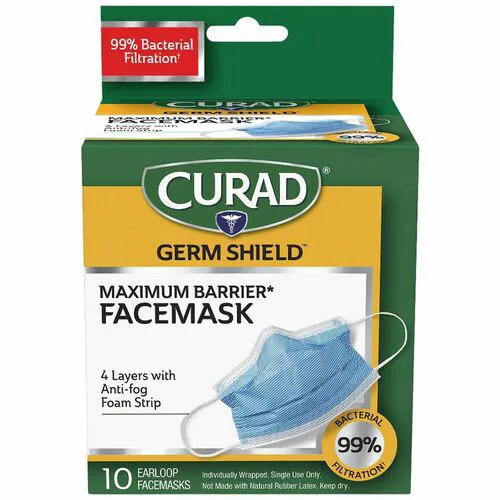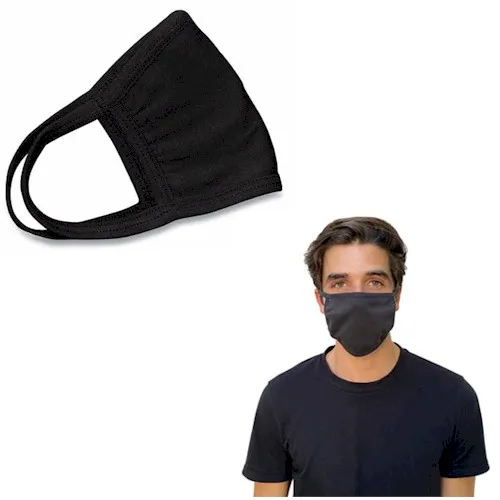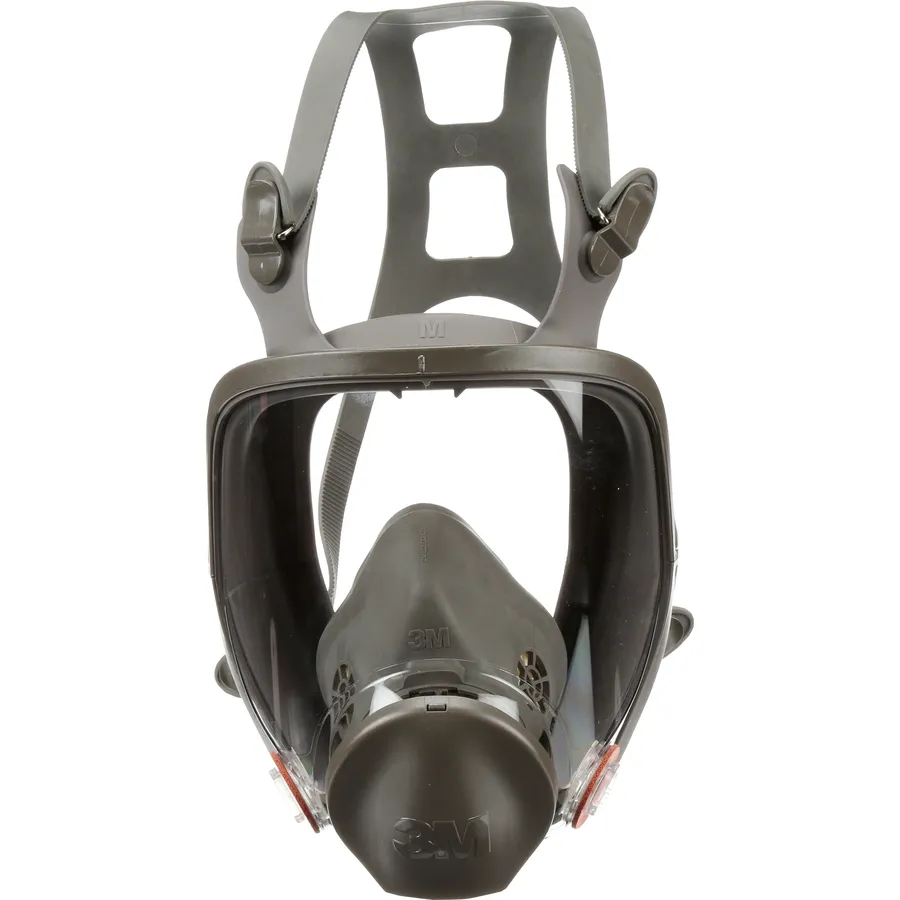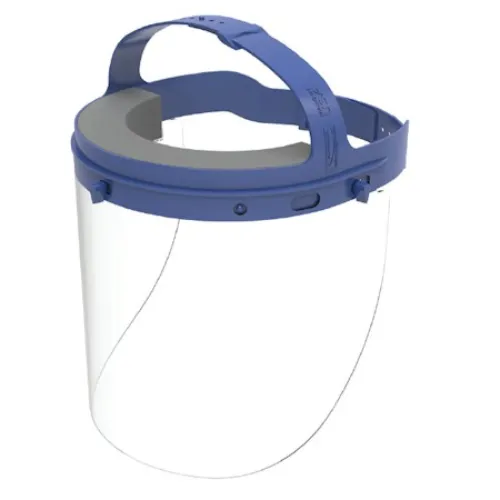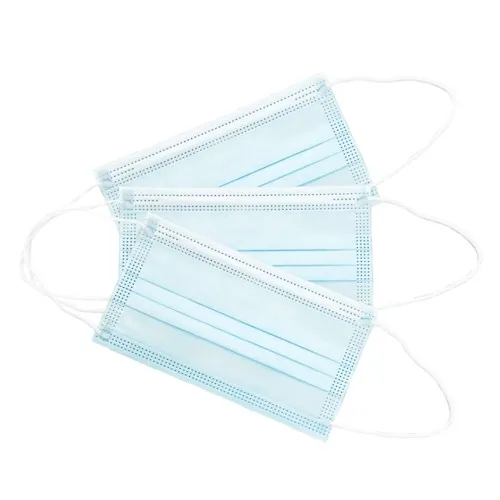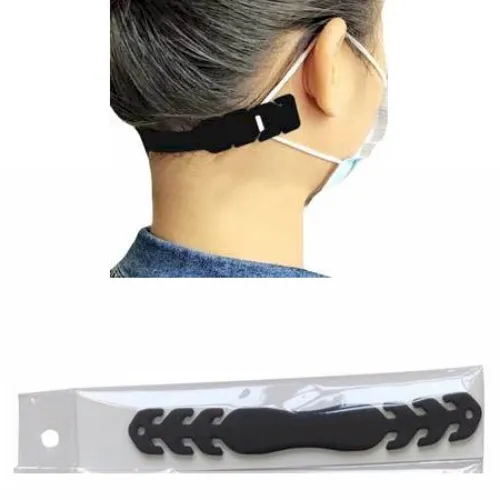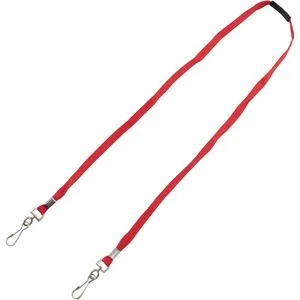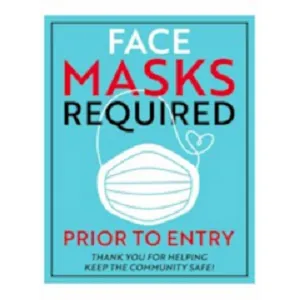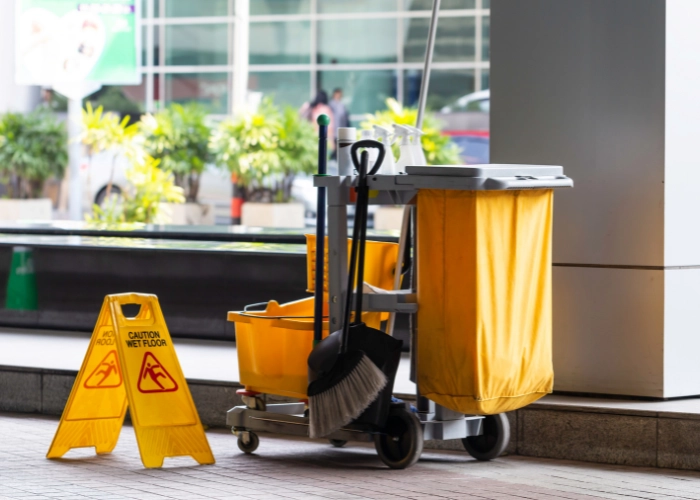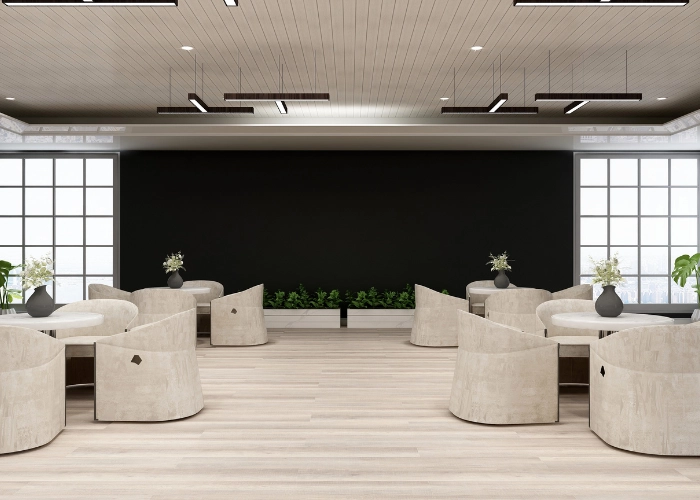
Face masks are proven to help stop the spread of Covid-19. They can also protect you from other health hazards, like the flu, allergens, and air pollution. Did You know those face masks you were dutifully wearing when you left the house were doing more than protecting you against Covid-19? They are also a good defense against other respiratory ailments. In fact, face masks (along with social distancing) are likely part of the reason the past few years flu seasons have been so mild. The Centers for Disease Control and Prevention (CDC) documented a jaw-dropping 98 percent decrease in flu activity for the season.
“SEEING CLEARLY” WHEN WEARING FACE MASKS WITH GLASSES
The below list provides a short list of tips to make mask-wearing a little easier for people who wear glasses:
-
Fit your mask to your face: A common reason why you may experience fogged lenses is that your mask doesn’t fit your face well. When putting on your mask, make sure to pinch the top of the mask to fit the shape of your face. This will help in closing the gap that’s allowing the air to escape. If your mask doesn’t pinch at the bridge, use a small piece of medical or athletic tape to close the gap. If you don’t have either of those items, try a Band-Aid.
-
Wipe your lenses before wearing them: An anti-fogging solution or gently washing your lenses with soap and water before wearing them may help. This will keep water droplets from building up and creating that annoying fog.
-
Adjust your glasses: Pushing your glasses forward on your nose will allow more air to circulate and keep your breath from fogging up your vision.
-
Rest your glasses on your face mask: Try pulling your mask up, over your nose and resting your glasses on top of the opening. This will help block the air from escaping and prevent fogging.
Note: If you try this, make sure that your mask still fits properly over your face. Your nose and mouth should be covered in their entirety.

